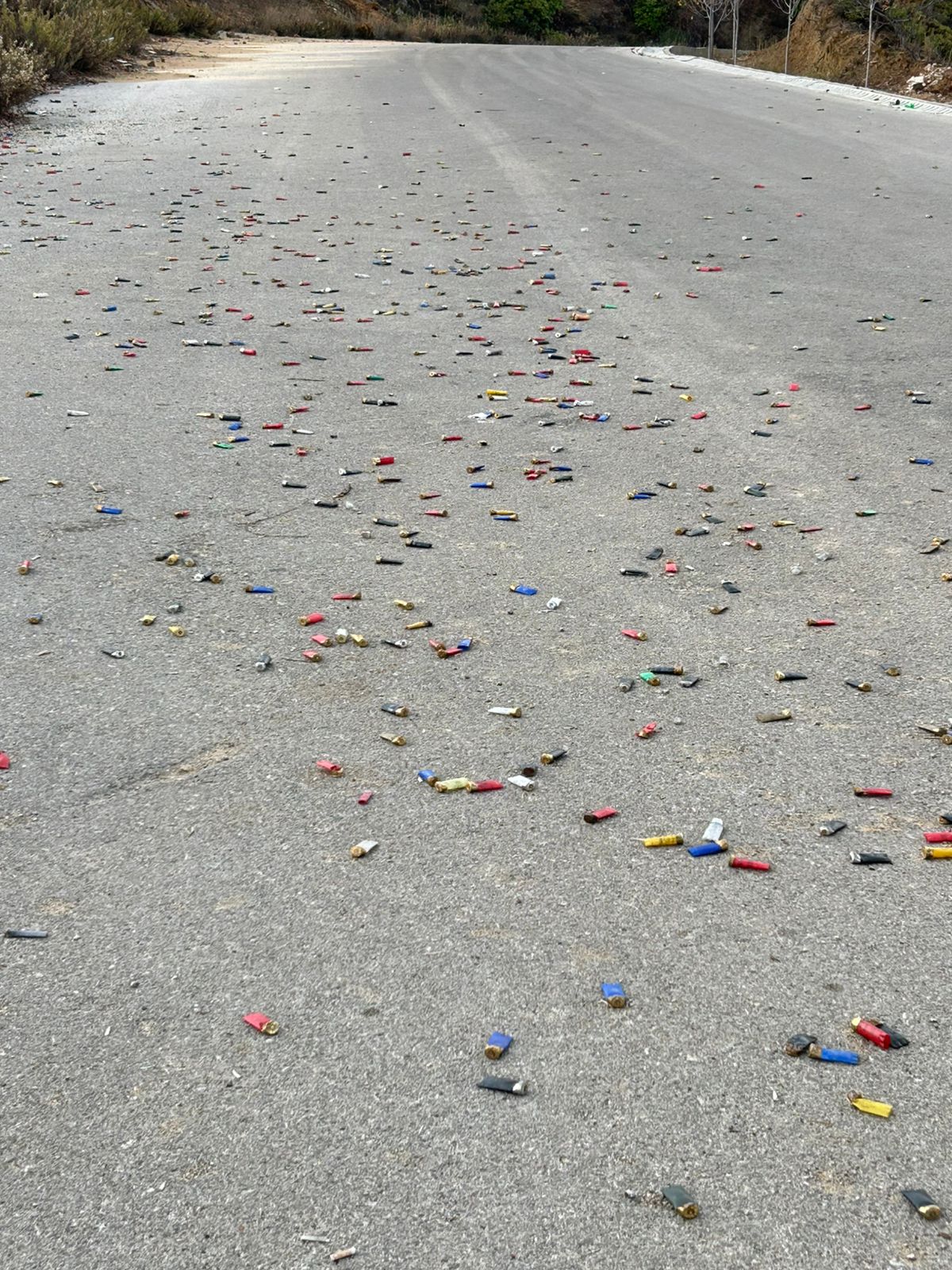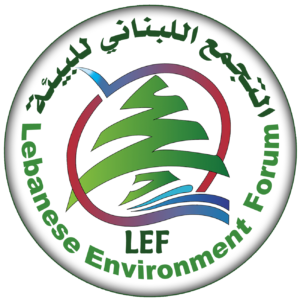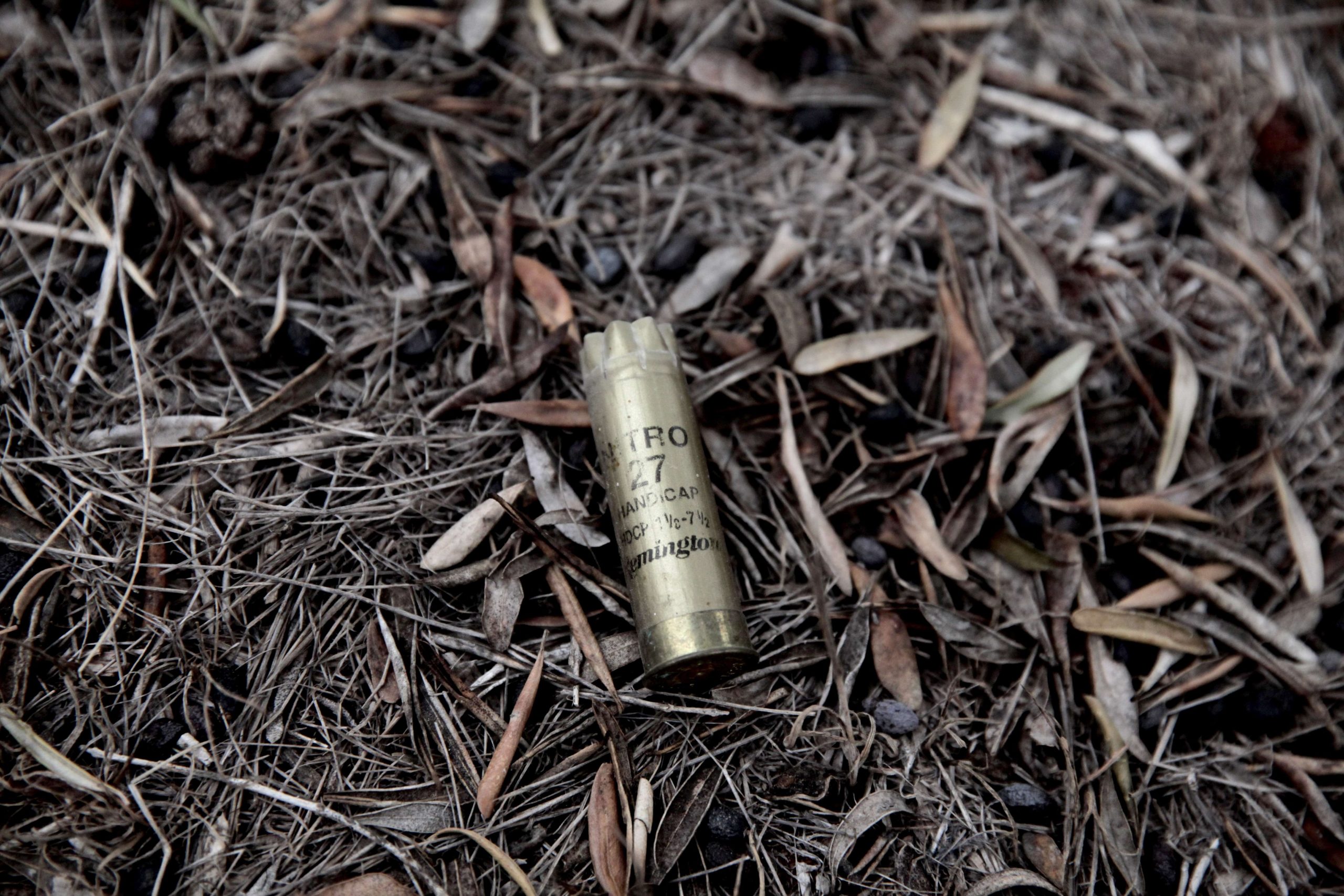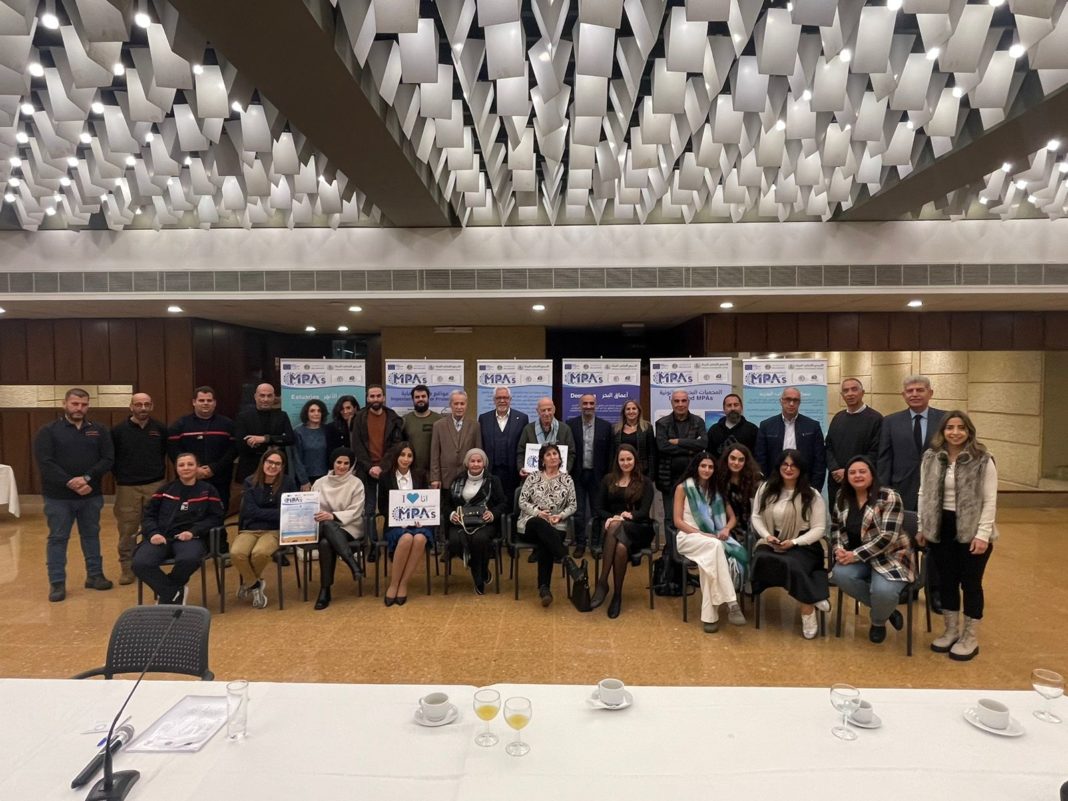By Bassam Al Kantar
Discarded trash, spent cartridges, and other hunting debris can wreak havoc on ecosystems. Spent shells, often made of non-biodegradable materials, pollute forests, wetlands, and other habitats. Over time, this waste diminishes the natural beauty of Lebanon’s landscapes and threatens wildlife. Birds, small mammals, and aquatic species risk ingesting or becoming entangled in these materials, leading to injuries or even death.
Moreover, the presence of waste in nature undermines conservation efforts and tarnishes the reputation of hunters who practice their craft ethically and with respect for the environment.
The Society for the Protection of Nature in Lebanon (SPNL) is proactively addressing this issue through an advocacy campaign highlighting the importance of cleaning cartridges and promoting environmentally responsible hunting practices. As part of SPNL’s broader commitment to conserving biodiversity and promoting sustainable hunting, this campaign seeks to educate and mobilize hunters, communities, and policymakers.
When hiking in Lebanon, you always see forests full of cartridges. These cartridges contain heavy metals such as lead, and when it rains, this lead goes into the soil and pollutes the water sources. So, there is a clear link between hunting cartridges and water pollution.
Nearly 40 million cartridges are sold annually (25m by the Syndicate of Hunting Arms and ammunition dealers in Lebanon and 15m produced illegally or smuggled to the country), which are estimated to make up to 1,680 tons of lead and near 600 tons of plastic and copper. Lebanon imported $19.80 million of hunting weapons and cartridges in 2016.
In addition to the disturbance from shooters at hunting sites, the poisoning of birds, and the pollution of their habitats from pesticides and lead shots, particularly in wetlands, expended hunting cartridges in Lebanon also impose a serious environmental threat.
Law No. 580/2004 – organizing hunting in Lebanon, issued in 2004, is one of the most egregious models for not applying the environmental laws after many years of their approval. After issuing all decrees of this law, the Hunting Higher Council issued a recommendation to open the hunting season for the year 2017 – 2018. Despite this official step, the large-scale slaughter of over 200 bird species, many of which are globally at risk from extinction, will continue as in past years. The individuals or groups that commit these atrocities are not real hunters. These mass slaughters are committed by poachers, shooters, and trappers who contribute virtually nothing to the conservation of the environment.
According to the Law, legal hunting is permitted only during the day, in specific seasons (15 September-31 January), and for 16 game species (all other bird species, local or migratory, are completely protected). Hunting is banned during the breeding season (spring season).
The capacity of Law Enforcement Officers to implement the hunting law is low. It is not a priority within the current security situation. They need training on bird identification and hunting law. Some of them are even hunters.
Law enforcement officers include internal security officers, rangers of the Ministry of Agriculture, and rangers of nature reserves (MoE). Municipality police are not entitled to enforce the hunting law.
Recognizing that there are legitimate, responsible, and legal hunters following the law who are undertaking a hobby they are proud of. These legal hunters can help solve this problem.
One of the most critical steps that should be done is elaborating a legal decree or decision to ban the throwing of spent hunting cartridges in nature. It is a complementary step to implementing Lebanese hunting lawfully.
The “Responsible Hunter” can be a force for change in stopping the illegal killing of birds in Lebanon and promoting and advocating prompt collection of the expended hunting cartridge.
What sort of waste are expended shotgun cartridges?
According to guidance from the Environment Agencies, spent shotgun cartridges are classed as a ‘Directive Waste’. The phrase “Directive Waste” refers to European legislation called the Waste Framework Directive. Directive wastes include nearly all household, commercial and industrial wastes. Directive wastes have to be assessed as to whether they are classed as ‘Hazardous Waste’ or ‘Non-hazardous Waste’ according to a set of criteria under the Waste Framework Directive. Even though spent shotgun cartridges contain lead (hazardous substance) residues, lead is not present in the quantities required for it to be classed as a ‘Hazardous Waste’. Spent shotgun cartridges are therefore classed as a ‘Non-hazardous’ waste and are subject to the regulations governing non-hazardous waste.
Recycling of expended shotgun cartridges should include a process to segregate water-soluble chemicals from the plastic waste and copper. Soaking the spent cartridges in consecutive water baths will leach chemicals like lead. Water used in the recycling process must be treated appropriately.
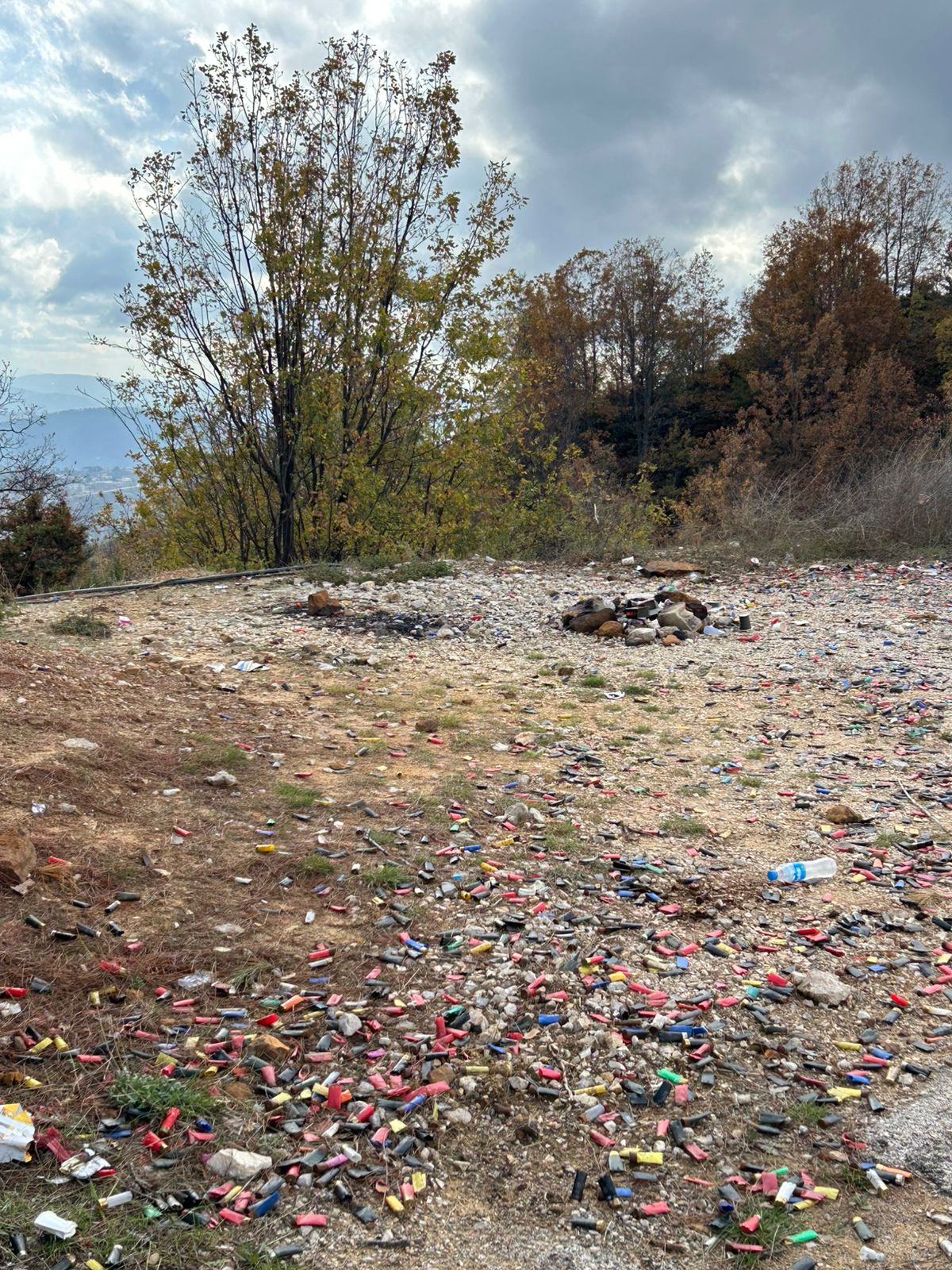
Composition of the cartridges
Shotshell hull : 100.0% Polyethylene High Density (HDPE) or Low Density PolyEthylene ( LDPE)
Wad: 100.0% Polyethylene High Density (HDPE) or Low Density PolyEthylene (LDPE)
Shotshell head case: 100.0% Brass or Steel
Companies willing to buy recycled Material
Collecting of recyclable materials is an active service in Lebanon. In 2016, it was estimated that the Municipal Solid Waste (MSW) generated amounted to about 2.04 million tons a year, or 5,600 tons a day, including 77 % that went to Landfills and dumpsites.
The Solid waste composition in Lebanon (Paper and cardboards 16%, Plastics 11.5%, Organic matter 52.5%, Autre 20% including: Metals 5.5 %, Textiles 3 %, Glass 3.5 %, Wood 1 %, Diapers 3 %, and Others 4 %). Recyclables include cardboard (about 40-45%), plastics (27- 30%), and other items (tins, wood, tires,glass, and aluminum).
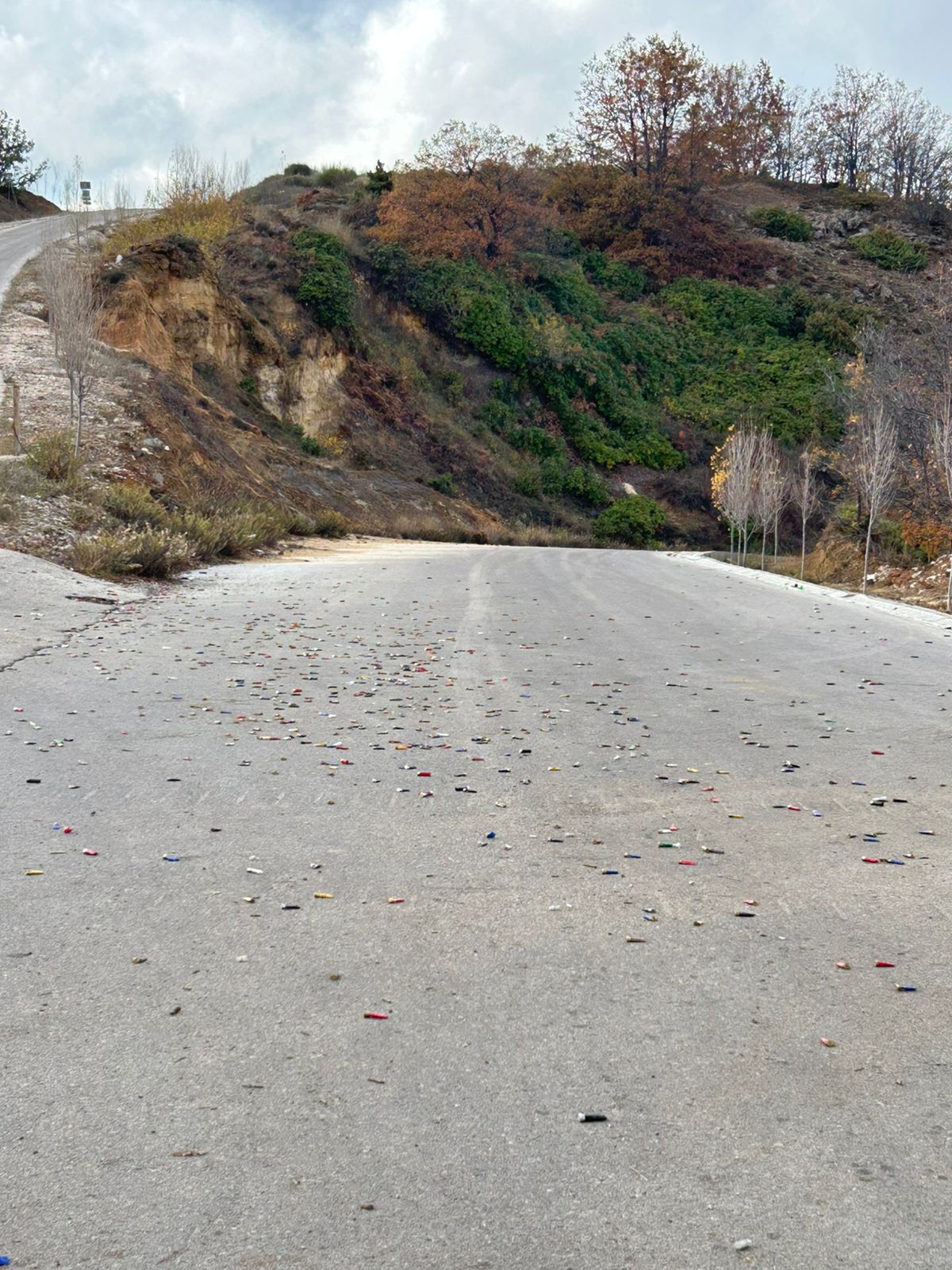
General Guidelines for Management of Responsible Hunting Areas
There are many guidelines necessary for managing responsible hunting areas, the most crucial ones that need to be adopted are:
No Litter
All hunters may only possess and use shotgun shells containing approved non-toxic shot. Shotgun shells should be collected to the proper recycle bins distributed in the hunting area. There should be no dead or unwanted birds left on the site, and empty cartridges should not be left in the RHA. Any other types of litter should be disposed appropriately in the waste bins present nearby. The hunters should not leave on the RHAs their litter or any kind of garbage. The disposal of refuse, rubbish, bottles, cans, or other waste materials is prohibited except in garbage containers where provided.
Parking Infrastructure
There should be a proper design as to where the entrance of the responsible hunting area is, including the designated parking space. Moreover, appropriate signs should be placed so that the hunters can recognize the responsible hunting area, the rest rooms, and the reception area.
Vehicles & Roads
Vehicles, including ATVs, must remain on established roads open to public vehicles. All RHAs are closed to the use of all motorized vehicles since their circulation may create room for possible accidents between hunters. In addition, the Law prohibits hunting from vehicles.
Season and time of hunting
The season where hunting is permitted should be in Mid-September till end of January according to the decision of the Minister of Environment upon consultation with the Hunting Higher Council. No hunting should be allowed during the summer or spring season. The time of hunting should take place between mornings till 1⁄2 hour before sunset. Any hunting activity outside the permitted season and time will be considered as a violation of regulations.
Camping
Camping are prohibited within RHAs.Camping may be allowed during the hunting season outside the RHAs, but in designated areas. Camping could be allowed within the RHAs in designated areas outside the hunting season; that is in spring and summer only.
Number of hunters/area size
The number of hunters should not exceed the carrying capacity/ area size. This aspect is critical because it is essential for the safety of hunters, thus will help avoid any hunting accidents that might occur. It will also be an opportunity for the hunters to hunt equally without having to fight or argue.
The number of hunters per area size should preferably be calculated depending on various factors including the density of game species, the species of the game bird or mammal, the range of the guns allowed and the density of the vegetation within the hunting area.
The use of Bait
The use or possession of bait, or hunting over bait is strictly prohibited. Baiting means the direct or indirect placing, exposing, depositing or scattering any salt, grain, powder, liquid or other feed or equipment to attract game species.
Ban of trespassing
Trespassing around responsible hunting areas is strictly forbidden. Any violation of this rule should require legal action to be taken. Removal and destruction of properties is not allowed. Archaeological artifacts or cultural resources, trees, shrubs, vines, plants, gravel, ll, sod, water, crops, posts, poles, or other property may not be mowed, clipped, cut, or removed from a RHA without a permit issued by the RHA management. Removal of property from a RHA by permit shall be only in a manner, limit, and conditions specified by the permit. Berries, fruits and snails may be picked, for non-commercial use unless prohibited by posted signs at public road entry points. Property may not be destroyed or defaced. Private properties and structures are not allowed within the RHA. No person shall construct or maintain any building, cabin, dock, fence, beehive, bill- board, sign, or other structure on any RHA except by permit issued by the RHA management.
Use of dogs and company of pets
The use of dogs is relevant since this will help limit hunting accidents and it is a better way to hunt than using other illegal methods that harm or deceive the birds. No traps or snares should be placed in responsible hunting areas; this would help in avoiding any harm that might occur to the dog.
Firearms and hunting weapons
Hunters may carry and use any gun specified to his hunting gun license, and in compliance with other applicable laws, rules, and regulations. Only hunting arms, falcons, hawks, eagles, and dogs on RHAs are allowed (according to the hunting law, Article 9).
Alcoholic beverages
Due to the sensitivity of the hunting activity and the security of hunters, the use or possession of alcoholic beverages is prohibited while on RHA lands and waters.
Noise and disturbance
Group activities attended, more than the carrying capacity are prohibited without a permit issued by the RHA manager. Excessive noise, which unreasonably disturbs other individuals, is prohibited. Fireworks, model rocket engines, or combustible or explosive materials are prohibited.
Methods of hunting
As per the hunting Law 580/2004, there will be no use of recorders, nets, plastic bird samples (decoys), poison and lime stick allowed. The permitted technique would be using a trained dog if available.
One of the main reasons that these methods should be avoided is because they have many repercussions on the environment and birds, such as: over- harvesting of species. Other animals may also be affected since their populations will decline, and consequently the seed dispersal will change.
Draft Ministerial Decree: Mandatory Collection of Used Hunting Cartridges
The Minister of Environment,
Based on Decree No. … dated … (formation of the government),
Based on Law No. 216 dated 2/4/1993 (establishment of the Ministry of Environment),
Based on Law No. 580 dated 25/2/2004 concerning the regulation of hunting in Lebanon,
Based on Law No. 690 dated 26/8/2005 (defining the tasks and organization of the Ministry of Environment),
Based on Decree No. … dated … appointing representatives of ministries and public institutions to the Higher Council for Hunting,
Based on Decree No. 17455 dated 15/7/2006 concerning the internal regulations of the Higher Council for Hunting,
Based on the proposal of the Higher Council for Hunting during its session held on …,
And after consulting the State Council pursuant to Opinion No. … dated …,
Decides as follows:
Article 1:
A hunter holding a hunting license must collect used hunting cartridges during each hunting trip and dispose of them in waste bins or at waste collection centers for source-based sorting.
Article 2:
The obligation to collect used hunting cartridges shall be recorded on the hunting license. Failure to collect used cartridges will be considered a violation, warranting the issuance of a citation against the offender.
Article 3:
Anyone who hunts without collecting the used cartridges during their hunting trip shall be subject to the penalties outlined in Article 14 of Law No. 580 regarding the regulation of hunting in Lebanon.
Article 4:
Local cartridge manufacturers and traders importing cartridges from abroad must print a warning on every cartridge box, cautioning against leaving empty cartridges on the ground and highlighting that such actions constitute a violation of applicable laws and decrees.
Article 5:
This decision shall be published and come into force upon its publication and shall be communicated wherever necessary.
مسودة قرار وزير البيئة
إلزامية جمع خرطوش الصيد المستنفذ
إن وزير البيئة،
بناءً عل المرسوم رقم … تاريخ … (تشكيل الحكومة)،
بناءً على القانون رقم 216 تاريخ 2/4/1993 (احداث وزارة البيئة)،
بناءً على القانون رقم 580 تاريخ 25/2/2004 المتعلق بنظام الصيد البري في لبنان،
بناءً على القانون رقم 690 تاريخ 26/8/2005 (تحديد مهام وزارة البيئة وتنظيمها)،
بناءً على مرسوم رقم … تاريخ … المتعلق بتعيين ممثلي الوزارات والمؤسسات العامة في المجلس الأعلى للصيد البري،
بناءً على مرسوم رقم 17455 تاريخ 15/7/2006 المتعلق بالنظام الداخلي للمجلس الاعلى للصيد البري،
وبناءً على اقتراح المجلس الاعلى للصيد البري خلال جلسته المنعقدة بتاريخ …،
وبعد استشارة مجلس شورى الدولة بموجب الرأي رقم … تاريخ …
يقرر ما يلي:
المادة الأولى:وجب على الصياد الحائز على رخصة صيد، ان يجمع الخرطوش المستنفذ اثناء كل رحلة صيد، والتخلص منه في حوايات النفايات او لدى مراكز تجميع النفايات للفرز من المصدر.
المادة الثانية: تدون الزامية جمع خرطوش الصيد على رخصة الصيد، ويعتبر عدم جمع الخرطوش المستنفذ مخالفة توجب تسطير محضر بحق مرتكبها.
المادة الثالثة: يعاقب بالعقوبات المنصوص عليها في المادة 14من القانون رقم580 المتعلق بنظام الصيد البري في لبنان كل من يصطاد ولا يجمع خرطوش الصيد المستنفذ الذي استخدمه اثناء رحلة الصيد.
المادة الرابعة: يتوجب على شركات تصنيع الخرطوش المحلي والتجار الذي يستوردون الخرطوش من الخارج تدوين عبارة على كل علبة خرطوش، تنبه من خطر ترك العبوات الفارغة في الارض، ومخالفة هذا الاجراء للقوانين والقرارات النافذة المفعول.
المادة الخامسة: ينشر هذا القرار ويعمل به فور نشره، ويبلغ حيث تدعو الحاجة.